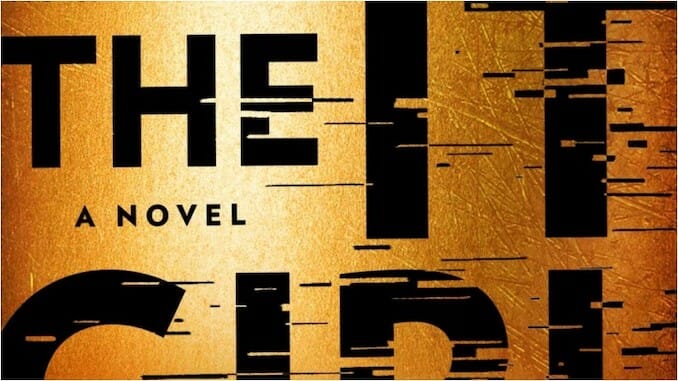The It Girl Is a Compulsively Readable Mystery About Memory and Loss

Author Ruth Ware is known for her breathless psychological thrillers that take place in fabulous settings that range from a rustic French ski chalet to a decadent cruise ship. As a result, her latest novel, The It Girl, may feel a bit like a departure from her familiar form. It features a less luxurious setting—it takes place in the dorms of Oxford University and the streets of present-day Edinburgh—and though the story is full of real tension, most of it isn’t of the life and death variety. After all, the dead woman in this tale died more than a decade prior to the events of the story and life has moved on. (Mostly, anyway.)
Yet, the mystery at the heart of The It Girl is as propulsive as any of her other stories, thanks to Ware’s deft use of two alternating timelines to both push the narrative forward and flesh out the life of the dead girl at its center. The constantly shifting time periods—one in which we edge closer to April’s inevitable murder over the course of the students’ first year and one in which we slowly step closer to finally solving it a decade later—are inextricably intertwined in such a way that they build organically toward a dramatic and explosive final confrontation. (Your mileage may and likely will vary on whether the denouement of all this is actually too big for the story that Ware is telling, with its complicated betrayals and violence, but it’s certainly impossible to look away from.)
The height of summer is peak pool season (or beach depending on where you live) and in many ways, The It Girl feels as though it was assembled in a lab to be read on a lounge chair over the course of a long afternoon. Yes, its central mystery may not be as complicated as some of Ware’s other efforts, the realistic character work, and compulsively readable prose will be enough to draw anyone into the story and keep them there.
The story follows Hannah Jones, whose roommate was murdered when she was a student at Oxford. April Clarke-Cliveden was the first person Hannah met when she arrived at Pelham College and the two became best friends despite their differences in temperament, study habits, and social class. Their life together at school was almost ridiculously picturesque—weird traditions, late-night papers, and members-only drinking clubs—alongside their inner circle of friends Emily Lippmann, Ryan Coates, Hugh Bland, and Will de Chastaigne.
But when Hannah comes home from a party to find her friend strangled to death, their world shatters. She suspects John Neville, a creepy school porter she’s had several uncomfortable run-ins with over the course of the term and who Hannah saw leaving their building staircase immediately before discovering April’s body.
-

-

-

-

-

-

-

-

-

-

-

-

-

-

-

-

-

-

-

-

-

-

-

-

-

-

-

-

-

-

-

-

-

-

-

-

-

-

-

-








































